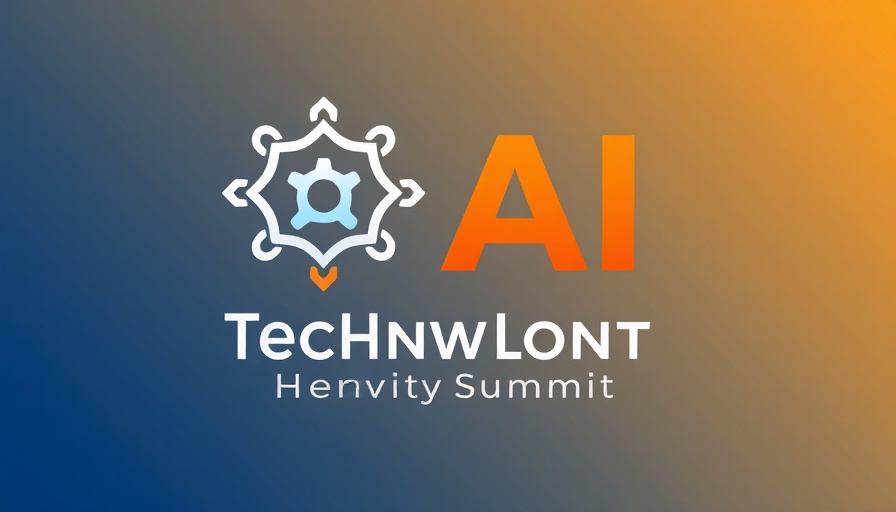
Microsoft's AI Transformation Strategy: Building for the Future
The AI Agent and Copilot Summit 2025 marked a significant moment for Microsoft as it continues to solidify its leadership in the realm of artificial intelligence. Central to Microsoft’s strategy is building a critical mass of AI tools and services within its Business Applications suite, a task that hinges on several factors, including data readiness, compelling use cases, and securing executive buy-in.
With over 2.1 million users interacting monthly with Microsoft Business Applications, the message is clear: organizations are eager to incorporate advanced AI tools like Copilot AI into their workflows. However, transitioning to AI-driven operations presents challenges. The leaders at the summit emphasized the necessity of developing more intelligent use cases that demonstrate the tangible return on investment (ROI) and performance benefits of these technologies.
The Role of Partners and Collaborative Efforts
During discussions, there was also a palpable focus on the role of partners in this ecosystem. Microsoft's collaborative initiatives are crucial for extending the reach of AI tools and ensuring they are tailored to meet the specific needs of consumers. As partnerships deepen, they hold the potential to accelerate the adoption of solutions like Copilot Studio and Azure AI Foundry, which are designed to enhance different job functions across industries.
For instance, scenarios presented at the summit showcased how businesses could leverage AI agents to handle repetitive tasks or data compilation, freeing up employee time for more strategic endeavors. Implementing such intelligent solutions not only elevates productivity but also enhances job satisfaction by reducing the load of menial tasks.
Understanding Use Cases: The Customer Perspective
The summit hosted a variety of voices, including those of early-adopter customers, who shared experiences and insights on their journeys toward integrating AI solutions. Bryan Goode, Microsoft’s CVP, illustrated the value of AI with the example of research optimization. He pointed out that many people tend to overlook extensive research due to their busy schedules. Yet, with the right prompts, an AI agent can quickly compile necessary data from various credible internet sources. This simple yet powerful application showcases how AI can efficiently manage time-consuming tasks, turning them into strategic assets for organizations.
Challenges Ahead: Navigating through Resistance
Despite the enthusiastic embrace of AI by some, there remains a body of skepticism, particularly from businesses wary of changes that technology brings. Defense against psychological resistance to adopting AI will be an essential aspect of Microsoft's strategy moving forward. To bring hesitant stakeholders on board, it’s crucial to illustrate how AI initiatives are not merely investments in technology but also investments in the future workforce, emphasizing educational initiatives and employee engagement.
Future Predictions: The Shift Towards Agent-Led Solutions
Looking ahead, the AI landscape seems poised for significant transformations spurred by developments in agent-led scenarios. As industries become more attuned to the advantages of AI, the expectation is set for Microsoft and its partners to continually innovate. The collaborative focus seen at the summit is likely to engender a richer tapestry of offerings, aligning advanced AI with the real-world challenges businesses face.
Conclusion: Embracing AI for Enhanced Business Capability
Understanding the dynamics explored at the AI Agent and Copilot Summit 2025 is vital for businesses navigating their AI journeys. As the landscape continues to evolve, organizational readiness and meaningful engagements will dictate the success of AI initiatives. Companies keen on transforming their operations should proactively explore AI-driven tools and frameworks, fostering a culture that champions innovation and adaptability.
 Add Row
Add Row  Add
Add 




 Add Row
Add Row  Add
Add 

Write A Comment